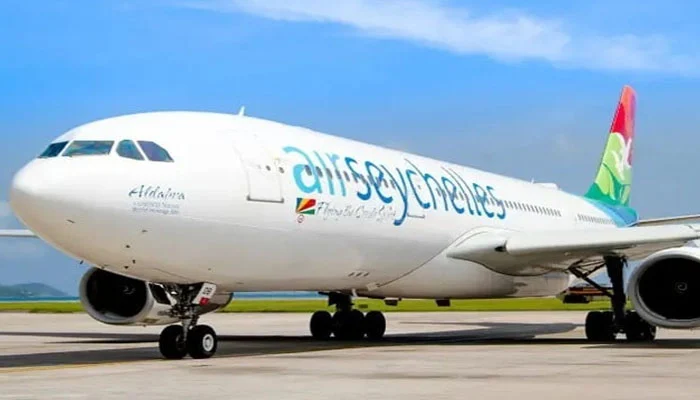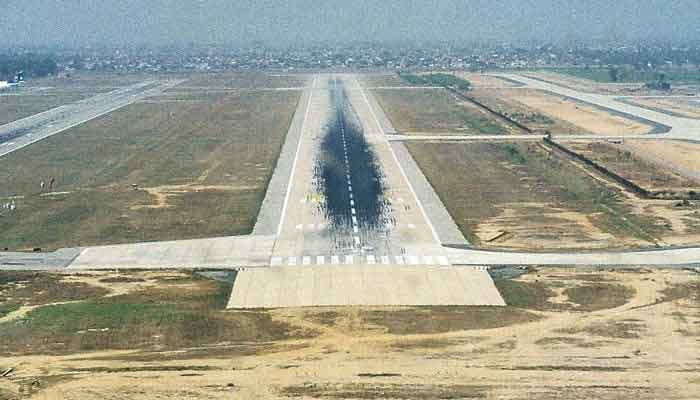In a landmark development for Pakistan’s maritime and transport sectors, the Ministry of Maritime Affairs has officially approved the licensing of ferry services connecting Pakistan with Iran and Gulf countries. This ambitious initiative, aimed at promoting affordable sea travel, will operate through the key coastal cities of Karachi and Gwadar, transforming Pakistan’s maritime landscape.
A New Era of Affordable Sea Travel for Pilgrims, Workers, and Tourists
Federal Minister for Maritime Affairs Muhammad Junaid Anwar Chaudhry announced the formal approval on Monday, marking a significant step toward enhancing regional connectivity and providing economical travel options.
“This day marks the beginning of a new history in maritime connectivity,” stated the minister. The ferry service will offer safe, comfortable, and affordable travel for pilgrims, migrant workers, and other passengers seeking economical alternatives to air travel.
The ferry routes are expected to be especially beneficial for low-income workers and religious pilgrims who frequently travel to Iran and Gulf countries, including Saudi Arabia, UAE, Oman, and Qatar.
Boosting Pakistan’s Blue Economy and Regional Trade Integration
The newly announced ferry service is not just a travel initiative; it’s a strategic move to strengthen Pakistan’s blue economy — the sustainable use of ocean resources for economic growth, improved livelihoods, and jobs. By making sea travel more accessible, the government aims to expand maritime activities that will drive economic development in coastal regions and port cities.
Federal Minister Chaudhry emphasized that the service would play a critical role in reducing transportation costs, enhancing regional trade integration, and stimulating tourism and commerce.
Gwadar’s Strategic Transformation into a Regional Maritime Hub
One of the most promising aspects of this initiative is its potential to transform Gwadar into a central hub in international sea trade networks. The minister reiterated that the ferry service could significantly elevate Pakistan’s maritime profile, with Gwadar acting as a strategic node for cargo and passenger movement across the region.
Gwadar’s growing infrastructure, supported by CPEC and global investments, positions it as an ideal location to serve as a key link between South Asia, the Middle East, and Central Asia,he added.
Private Sector Participation: Competitive Proposals for Ferry Operations
The Ministry of Maritime Affairs had earlier confirmed that five private-sector operators had submitted formal proposals to operate the ferry service. These proposals included detailed technical, financial, and operational plans to ensure the safe and efficient management of the proposed sea routes.
A high-level meeting was held under the chairmanship of Minister Chaudhry to review these proposals. During the session, the strategic importance of the project was emphasized, with stakeholders agreeing that the ferry service could revolutionize the region’s maritime travel and logistics industry.
The envisioned routes will not only facilitate passenger movement but also enable cargo transport, providing a dual-purpose service to meet diverse logistical needs. This is expected to particularly benefit importers, exporters, and business travelers operating between Pakistan and the Gulf region.
Balochistan Government’s Support: A Unified Approach for Success
In a move to ensure smooth implementation of the ferry project, Minister Chaudhry held a telephone conversation with Balochistan Chief Minister Sarfraz Bugti. The chief minister expressed full provincial cooperation and extended the support of the Balochistan government to facilitate the development and launch of the ferry service in Gwadar.
Such coordination between federal and provincial governments is crucial for infrastructure development, port operations, and security arrangements to support the long-term sustainability of the project.
Future Prospects: Economic Development and Tourism Growth
By launching a cost-effective maritime travel solution, Pakistan is poised to unlock multiple socio-economic benefits. This includes:
- Job creation in the shipping and tourism industries
- Increased port activity and revenue generation
- Attraction of foreign investment in maritime logistics
- Enhanced people-to-people connectivity across borders
- Development of coastal tourism in Karachi and Gwadar
With the global demand for sustainable and budget-friendly travel options growing, this initiative places Pakistan ahead of the curve in terms of offering practical alternatives to expensive air travel.
A Major Leap for Pakistan’s Maritime Future
The approval of ferry licenses marks a historic milestone in Pakistan’s journey toward maritime modernization. By linking Pakistan with Iran and Gulf countries through affordable sea routes, the ferry service will not only facilitate travel but also stimulate trade, promote tourism, and support the country’s broader economic development goals.
As the project progresses, all eyes will be on Karachi and Gwadar, the two coastal giants set to become gateways to a more connected, prosperous, and maritime-powered Pakistan.



